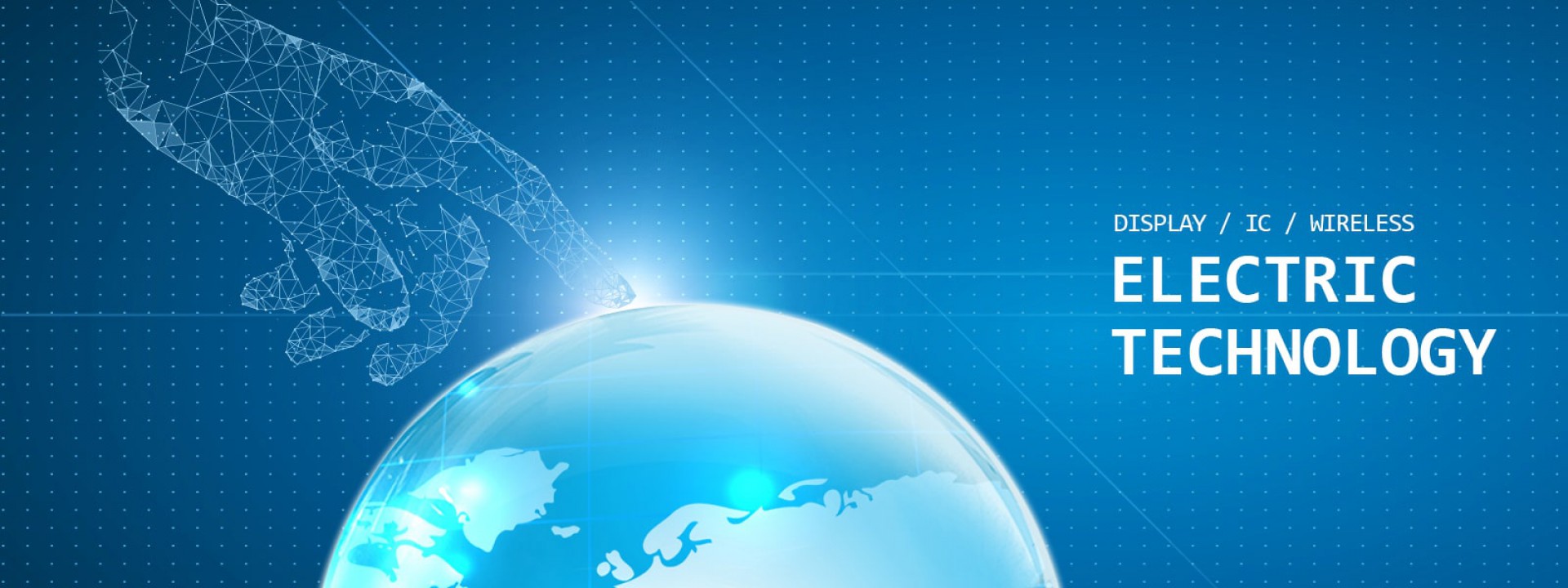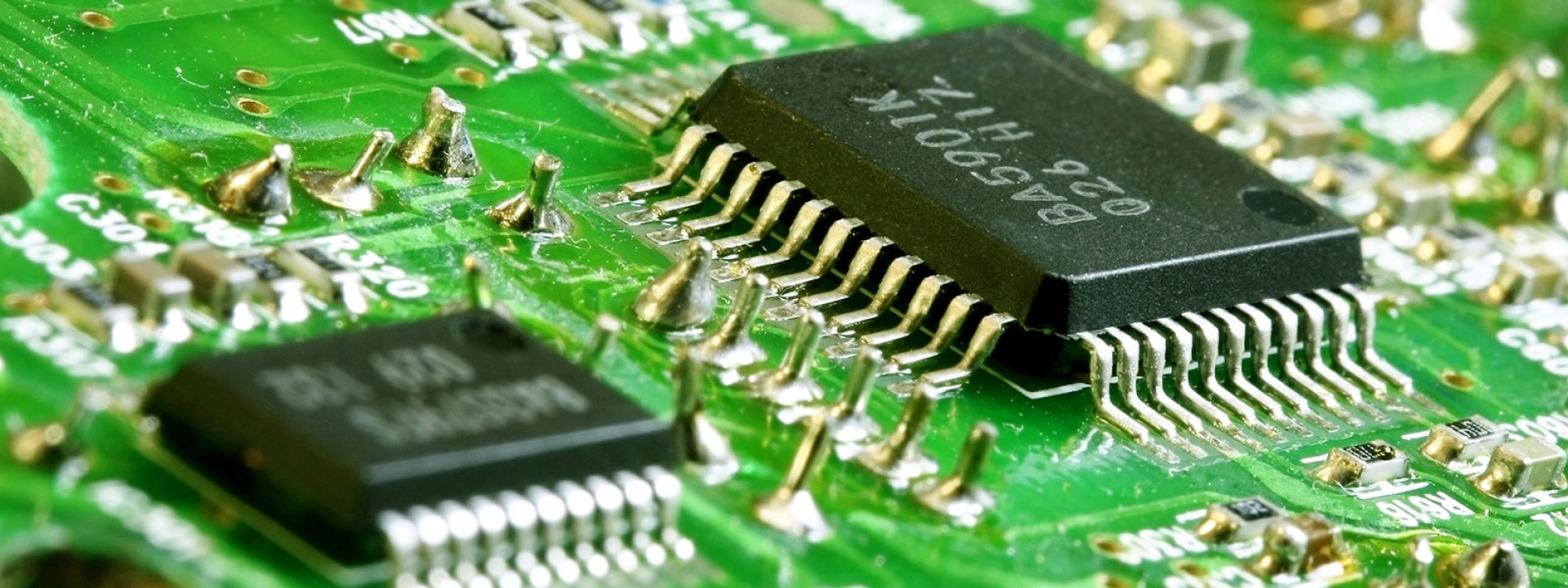News & Events
Silicon Labs’ exit from any business not related to wireless connectivity and IoT devices marks the beginning of the company’s journey to becoming a “pure-play” IoT chip designer, according to Silicon Labs CEO Matt Johnson.
“We see the potential for ourselves to be the undisputed leader in our space, as in three to four times the market share of any closest competitor,” Johnson said in an exclusive interview with EE Times. “We can become to our industry in wireless connectivity, embedded connectivity, what other companies have done in their markets, like Nvidia did for GPUs and AI, or what Qualcomm did for cellular.”
On the way to becoming what Johnson calls a “pure-play” IoT chip designer in 2022, the company has doubled its revenue in two years to $721 million in fiscal year 2021. The company is one of the first to help unify various standards used for IoT devices, according to Bob McConnell, president of Technalysis Research.
“They are one of (if not the) first company to have dedicated silicon that supports not only the Matter standard, but previous standards such as Zigbee and Zwave”, McConnell said. “This means companies who want to build products that connect together all kinds of different smart home devices (both old and new) are likely to look at Silicon Labs as a supplier.”
On Oct. 4, The Connectivity Standards Alliance and its members released the Matter 1.0 standard and certification program, helping to unify a previously disparate range of IoT devices, from silicon to storefronts.
Up to now, the IoT industry has lacked standards that would allow the internet devices of multiple equipment vendors to work together.
Silicon Labs has joined Matter, an alliance started by Amazon, Apple, and Google in 2019. The objective is a unified application layer standard for connected home devices. The alliance helps manufacturers create secure and reliable systems that are interoperable with Apple’s Siri, Google’s Assistant, and Amazon’s Alexa.
“We have all the requisite components capability and support, ready to go,” Johnson said.
Silicon Labs will also provide chips for devices connected to the Amazon Sidewalk network, which is a shared network that enables Amazon Echo devices, Ring security cams, outdoor lights, and motion sensors to work better in homes.
“If you want to go with Sidewalk, we have turnkey solutions that we have by partnering with Amazon,” Johnson said. “We have all the requisite capability and support for those two different solutions out there.”
Competition remains
Silicon Labs faces competition from larger and longer established companies like Broadcom, Infineon, MediaTek, Qualcomm, and STMicroelectronics. Taiwan-based MediaTek, for example, which designs chips for Amazon Alexa smart speakers, made about $1.9 billion in revenue from IoT devices in the second quarter of 2022.
Silicon Labs posted record revenue of $263 million in its second quarter this year. Johnson declines to say whether new sales records are foreseeable.
“We definitely see a softening,” Johnson said. “We still have way more demand than we have supply. Supply has gone up and our demand has softened, but the gap is still real and big.”
He offers China as an example of how demand has slumped. With the recent Covid lockdowns in China, as many as 300 million people have been confined to their homes, Johnson said. Silicon Labs counts on China for about a quarter of its sales.
“Even with all this stuff that’s been happening out there in China and in Europe, demand is still incredibly robust,” he said. “We’ve seen an inflection that, for the last year or two, just kept going up without any pause. Now, it’s definitely paused.”
Digital labels
One business where Johnson sees huge potential is digital labels, which are wireless devices with color or monochrome electronic displays that retail stores are starting to adopt.
Stores that use the labels can provide customers with real-time pricing based on inventory levels. A retailer can electronically update shelf prices without having an employee manually change prices.
“If you have produce and you need to start moving it faster, you drop the price until you move that inventory,” Johnson said. Stores that invest in digital labels can see a return on investment in as few as eight to nine months, he added. For Silicon Labs, it’s a new business with an adoption rate that’s in the low single digits.
During the Covid pandemic, big box retailers put digital labels in front of their lumber supplies when volatile prices wreaked havoc on the supply chain.
“Once they adopted it, they said, ‘Wow, this is fantastic’,” Johnson said. “Let’s put it everywhere.”
IoT security
While the IoT chip business continues to grow, many of the end-user devices remain vulnerable to hacking. Silicon Labs provides security at the hardware level during the last step of chip production, Johnson said.
“Our customers have a secure portal so they can access their parts at the end of our manufacturing and inject their keys and their certificates customized in any way they want for unique identification. We have customers that are employing all of this, and we have some customers who are picking and choosing pieces of it, depending on where they’re at in their security journey, in their applications requirements.”
Supply chain issues
Silicon Labs expects shortages of chips from suppliers like Taiwan Semiconductor Manufacturing Co. (TSMC) to last for years. The chip designer also uses Semiconductor Manufacturing International Co. (SMIC) as a foundry.
Mature nodes such as 55, 90, and 180 nm “are not getting capital investment”, according to Johnson.
“The industry’s really not investing capital to expand, but there’s secular growth trends on top of those nodes like auto, like industrial, like IoT,” he said. “There’s no clear solution. I expect we’ll have demand and supply challenges for quite a while. A softening is not going to fix that. It’s a long-term challenge.”
“It’s going to be years until there’s investment in those nodes, or we move off those nodes, and both of those take a long time.”
By EETimes






